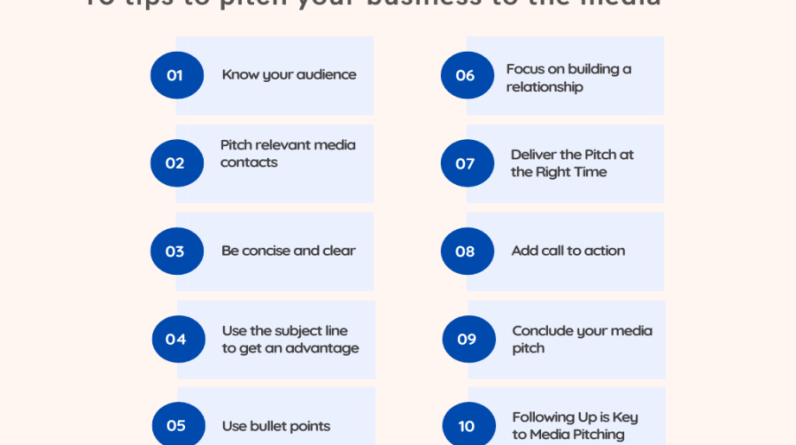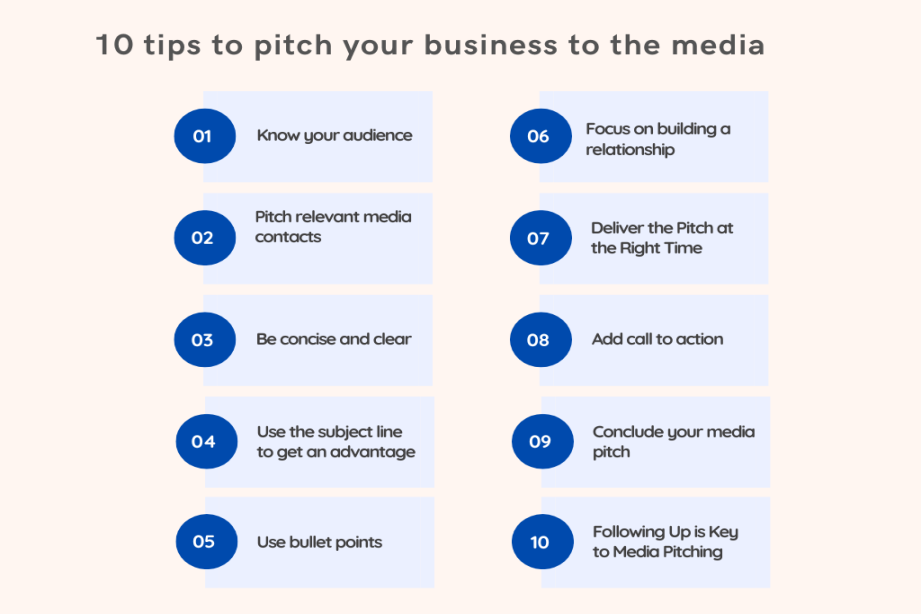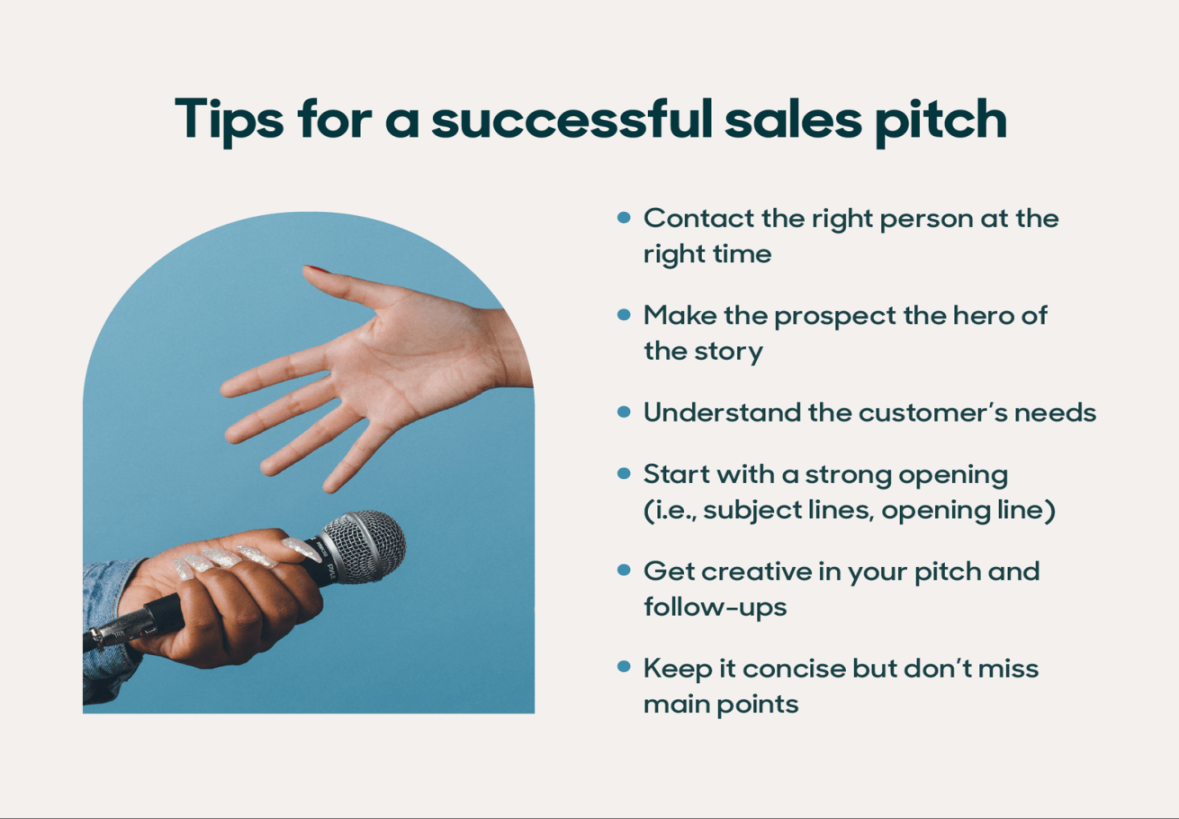
Pitch Perfect: Exploring the Fine Line Between Business Pitches and Advertising
In the world of business, pitching and advertising are two essential components of any successful marketing strategy. While both serve the purpose of promoting a product or service, there is a fine line that separates the two. So, is a business pitch really just advertising? Let’s delve deeper into this topic and explore the similarities and differences between the two.
A business pitch is essentially a presentation or proposal that aims to persuade potential investors, partners, or customers to buy into an idea or product. It is a strategic communication tool that outlines the key features, benefits, and value proposition of a product or service. The goal of a pitch is to generate interest, build credibility, and ultimately secure a deal.

On the other hand, advertising is a more broad-reaching form of marketing communication that is used to promote a product or service to a wider audience. Advertisements can take many forms, including print, television, radio, online, and social media. The primary objective of advertising is to create awareness, generate leads, and drive sales.
While both business pitches and advertising are forms of marketing communication, the key difference lies in their target audience and purpose. A business pitch is typically tailored to a specific group of individuals, such as investors or potential partners, with the aim of securing a specific outcome, such as funding or a partnership. In contrast, advertising is aimed at a broader audience and is designed to create brand awareness and generate interest among consumers.
Despite these differences, there are several similarities between business pitches and advertising. Both rely on effective storytelling and persuasive communication techniques to capture the audience’s attention and convey the value proposition of a product or service. They both aim to create a strong emotional connection with the audience and compel them to take action, whether it’s making a purchase or investing in a company.

Furthermore, both business pitches and advertising require a deep understanding of the target audience, market trends, and competitive landscape. They both involve thorough research and analysis to identify the key pain points, needs, and desires of potential customers and create a compelling message that resonates with them.
Another common aspect of business pitches and advertising is the importance of creativity and innovation. In order to stand out in a crowded marketplace, both pitches and advertisements need to be unique, memorable, and engaging. They need to capture the audience’s attention and leave a lasting impression that compels them to take the desired action.
In conclusion, while business pitches and advertising serve different purposes and target different audiences, they share many similarities in terms of their strategic approach, creative execution, and persuasive techniques. Both are essential tools in the marketer’s arsenal and play a crucial role in driving business growth and success. So, is a business pitch really just advertising? The answer is not a simple yes or no, but rather a nuanced exploration of the interconnectedness and overlap between these two essential elements of marketing.
The Art of Persuasion: Unpacking the Relationship Between Pitches and Ads
In the world of business, the art of persuasion is a crucial skill. Whether you are trying to sell a product, secure funding for a project, or convince stakeholders to support your ideas, being able to effectively pitch your proposals is essential. But what exactly is the relationship between business pitches and advertising? Are they essentially the same thing, or are there key differences that set them apart?
At first glance, it may seem like business pitches and advertising serve the same purpose – to persuade an audience to take a desired action. Both involve crafting a message that highlights the benefits of a product or service, and both rely on persuasive techniques to capture the attention of the target audience. However, there are some key distinctions between the two that are worth exploring.
One major difference between business pitches and advertising lies in their intended audience. When you are creating a business pitch, your primary goal is to persuade a specific group of people – whether it be investors, potential clients, or internal stakeholders. Your pitch is tailored to address the needs and concerns of this particular audience, with the goal of convincing them to support your proposal.
On the other hand, advertising typically targets a broader audience. Advertisements are designed to reach as many people as possible, with the aim of building brand awareness and driving sales. While a business pitch may be more focused and personalized, advertising is often more generalized and aimed at creating a buzz around a product or service.
Another key difference between business pitches and advertising is the context in which they are delivered. A business pitch is typically a live presentation or meeting, where you have the opportunity to engage with your audience directly and address any questions or objections they may have. This personal interaction allows for more flexibility and customization in your message, as you can tailor your pitch on the fly based on the feedback you receive.
Advertising, on the other hand, is often a one-way communication channel. Whether it be a print ad, a TV commercial, or a social media post, advertisements are designed to deliver a message to the audience without the opportunity for immediate feedback. This means that advertisers must carefully craft their message to resonate with their target audience without the benefit of direct interaction.
Despite these differences, there are also many similarities between business pitches and advertising. Both rely on effective storytelling to capture the attention of the audience and create an emotional connection. Whether you are pitching a new product or creating an ad campaign, the ability to tell a compelling story that resonates with your audience is key to success.
Additionally, both business pitches and advertising rely on persuasive techniques to influence the behavior of the audience. Whether it be through the use of statistics, testimonials, or emotional appeals, both pitches and ads are designed to sway the opinions and decisions of the target audience in favor of the desired outcome.
In conclusion, while business pitches and advertising serve similar purposes – to persuade and influence an audience – there are key differences that set them apart. Understanding these distinctions can help you tailor your message effectively to achieve your desired goals, whether you are pitching a new idea to investors or creating an ad campaign to drive sales. By mastering the art of persuasion, you can elevate your business pitches and advertising efforts to new heights of success.
Is A Business Pitch Advertising





